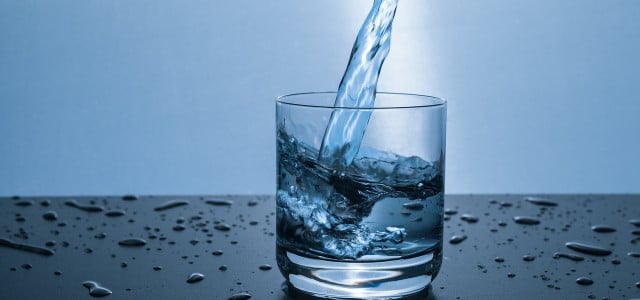
Drinking enough water is important. But how much exactly should we drink to stay healthy throughout the day? That’s what a study says and we’ll give you more drinking water tips.
Nothing works in the body without water. Water is a component of all body cells and is necessary for metabolism.
Water regulates body temperature, and not just when we sweat in the summer. If we drink too little, it damages our organs – all of them. We also need enough fluids for our brain, mucous membranes, digestion and kidneys.
Drinking water: This much is good for you
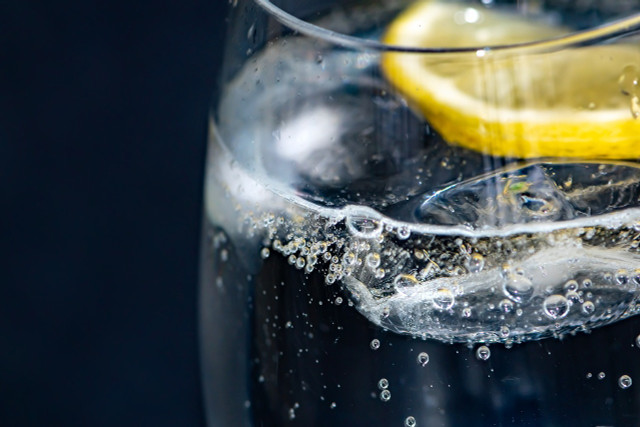
(Photo: CC0 / Pixabay / Ri_Ya)
So how much water do we need every day? One, two or three liters? The German Nutrition Society recommends drinking between 400 (for babies) and 1,700 milliliters of liquid, depending on your age and particular situation (for example, pregnancy or breastfeeding).
Through solid food and oxidized water, you consume even more water over the course of the day. This means you need to actively drink significantly less than the usual two liters – and only drink when you are thirsty.
This reveals another misconception: many people believe that you have to drink before you even feel thirsty. This is how the body is supposed to be constantly supplied with enough fluids. However, there is no truth to this argument, explains nutritionist Uwe Knop at Spiegel Online: “Thirst is a signal from the body. It wants to say: I need water now, not sooner and not later.”
However, this does not necessarily apply to small children and older people – they often have problems with their sense of thirst. In their case, it is a good idea to make sure that they drink enough even when they are not thirsty.
A study from 2022 confirms this: According to the results, most people only need 1.5 to 1.8 liters of water per day. Read more: Drink 2 liters of water a day? Study dispels common recommendation
Where does the two-liter rule come from?
As a rule, you should only drink as much water as you are thirsty for. But where does the “two-liter rule” come from? As Plusminus reports, it is probably the result of clever marketing by large water manufacturers.
“Nestlé, Danone, Coca-Cola, Pepsi, they work with nutritionists, with health experts, with teachers – to promote their version of ‘healthy water drinking’,” says environmentalist Maude Barlow at Plusminus.
Because schoolchildren supposedly drink too little, there is, for example, the “Drinking in Class” campaign. The Mineral Water Association is behind it. Coca-Cola distributes seemingly serious tables and articles with exaggerated information about dehydration. With its own water brands Apollinaris and Bonaqua, the company profits from the fear of dehydration.
This is what you should consider when drinking water
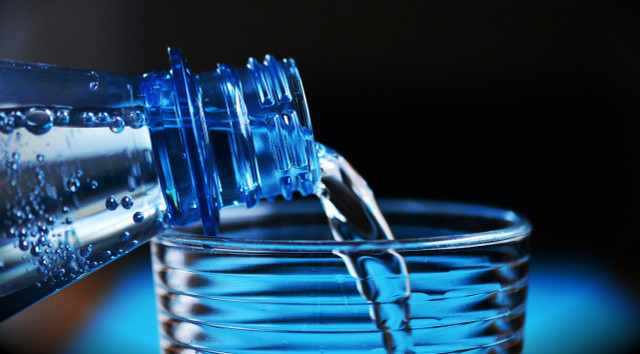
(Photo: CCO Public Domain/pixabay/congerdesign)
Instead of forcing yourself to drink water, trust your thirst. If possible, do not drink water from plastic bottles. It is better to drink tap water. In Germany, tap water is of very good quality. So you can drink it without worrying and do something good for yourself, save money and avoid plastic waste and long transport routes for bottled water.
You can easily take a water bottle with you to refill when you’re out and about. Here we’ll tell you which water bottles are best for when you’re out and about. Many German cities now have refill stations, such as shops and restaurants, where you can fill up your bottle with water. Just look for the refill sticker. A map shows you where to find refill stations.
Leaderboard: BPA-free drinking bottles
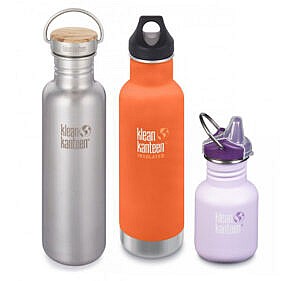 1st placeKlean Kanteen water bottles
1st placeKlean Kanteen water bottles
4.8
56
DetailAvocadostore**
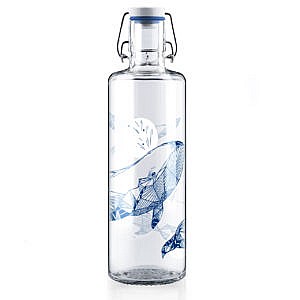 place 2Soulbottles
place 2Soulbottles
4.8
41
DetailSoulbottles**
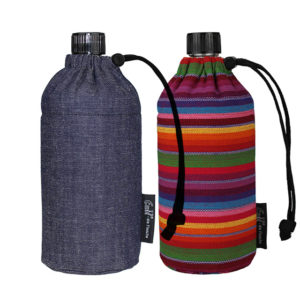 place 3Emil, the bottle to wear
place 3Emil, the bottle to wear
4.6
69
DetailHans Nature**
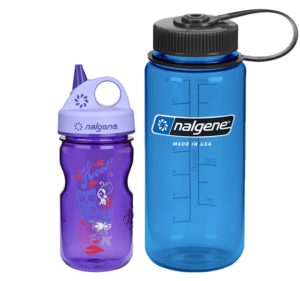 4th placeNalgene
4th placeNalgene
4.6
36
DetailBergfreunde**
 5th placeEcotanka Thermotanka
5th placeEcotanka Thermotanka
5.0
13
DetailWasser-aktuell.com**
 Rank 6Aladdin Aveo
Rank 6Aladdin Aveo
4.6
18
DetailAvocadostore**
 7th placeBB Bayonix Bottle
7th placeBB Bayonix Bottle
5.0
7
DetailGreenpicks**
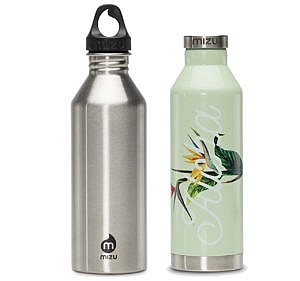 8th placeMizu
8th placeMizu
5.0
6
DetailBergfreunde**
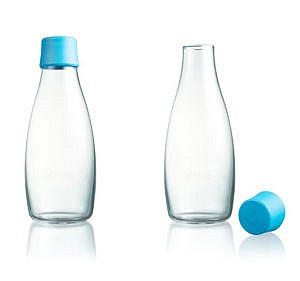 9th placeRetap
9th placeRetap
3.9
17
DetailAvocadostore**
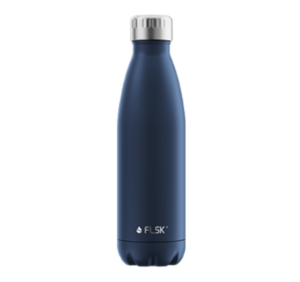 Place 10FLSK
Place 10FLSK
4.2
10
DetailFLSK**
Can you drink too much water?
It is possible to drink too much water. So don’t overdo it with drinking, because beyond a certain amount the water dilutes the blood salts (electrolytes) too much and in extremely rare cases it can even lead to water poisoning.
There are also heart and kidney diseases that require a reduced amount of drinking. Those affected are informed of this when they are diagnosed and must adjust their drinking habits accordingly.
Read more on Techzle\.com:
- 5 arguments against mineral water
- Glass drinking bottles: Practical models for on the go
- 6 waters that hurt common sense
** marked with ** or orange underlined Links to sources are partly affiliate links: If you buy here, you are actively supporting Techzle\.com, because we then receive a small part of the sales proceeds. .